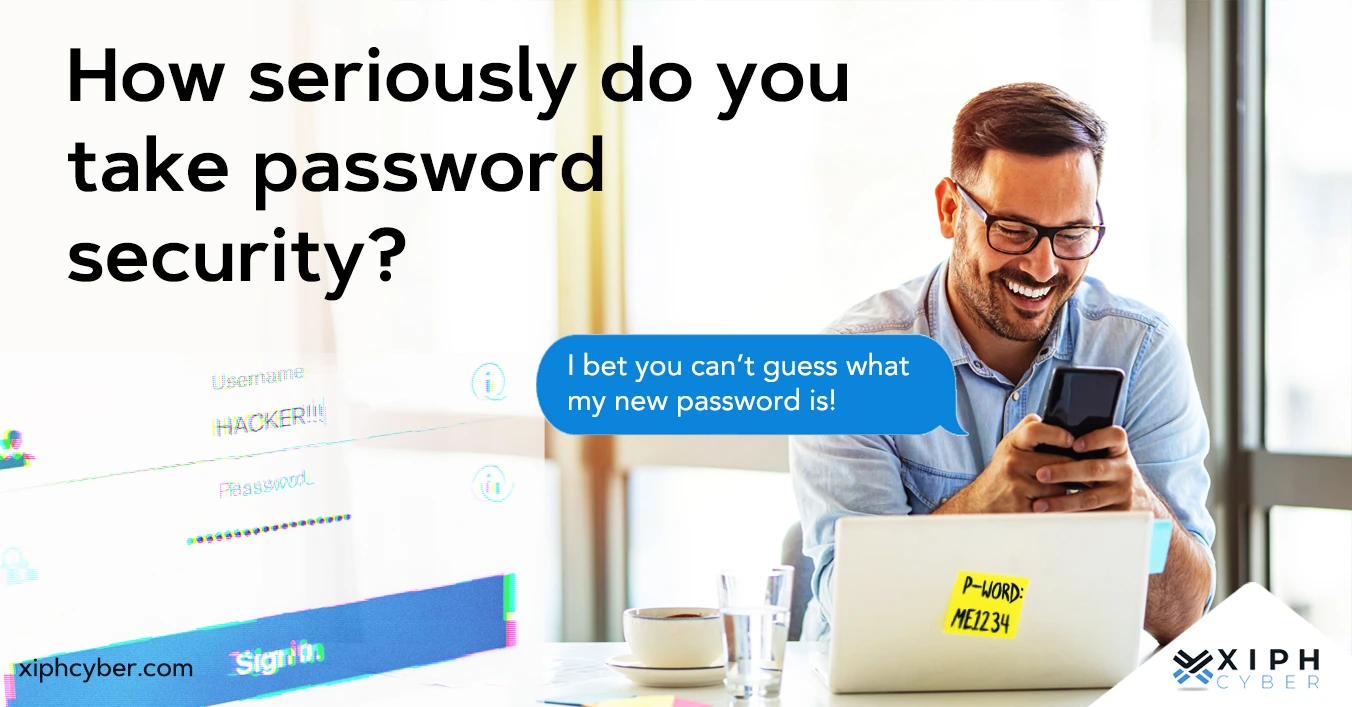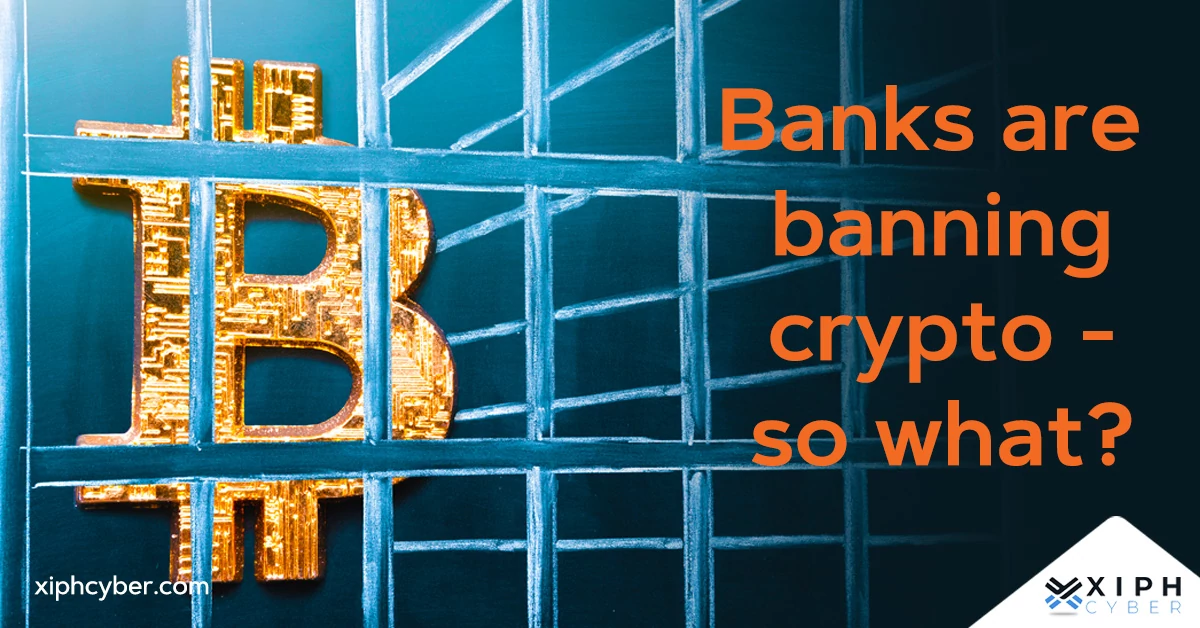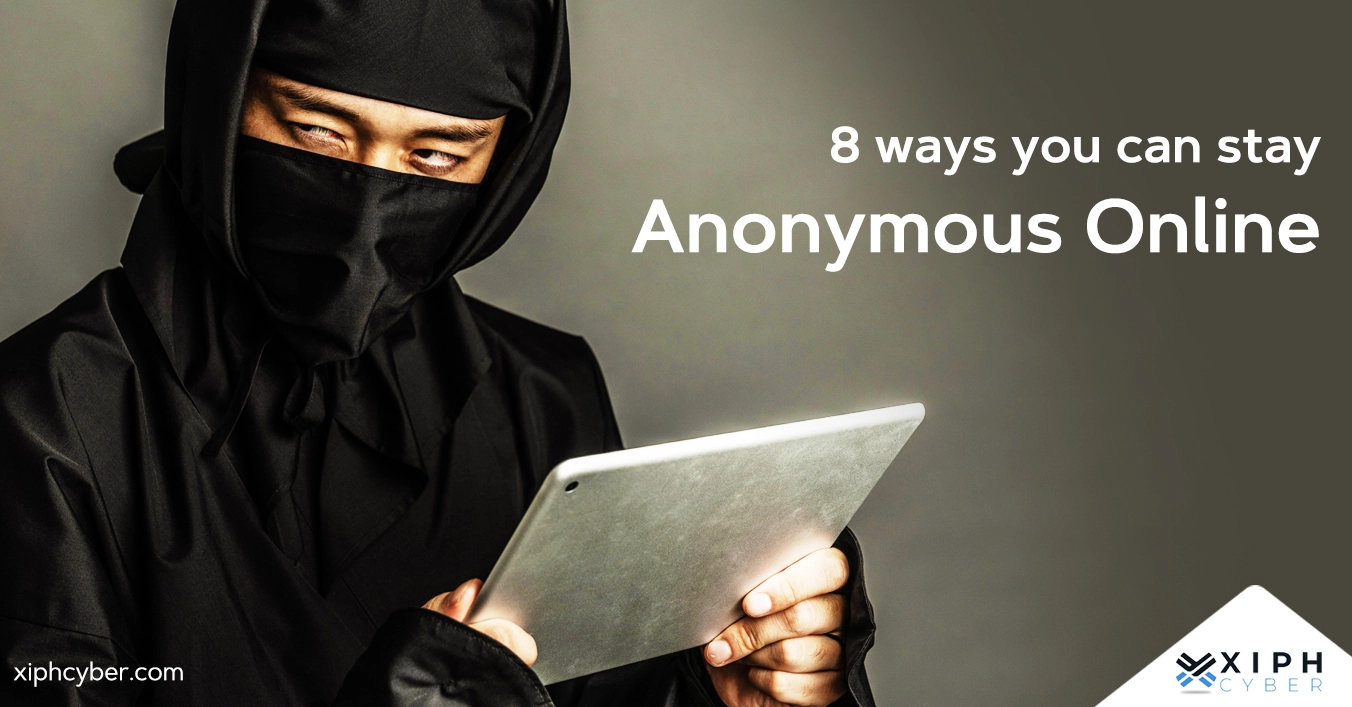Published Nov 22, 2016 by Xiph
We are all familiar with identity theft – but it used to be as simple as someone stealing your wallet and using your credit card. Now, with digital technology extending into every avenue of our lives, hackers can do much more. Most of us carry around our smartphones without giving too much thought to the risks. But if hackers target your phone, that embarrassing photo could easily find its way online, your bank accounts can be vulnerable to theft, and even your location can be revealed.

We are all familiar with identity theft – but it used to be as simple as someone stealing your wallet and using your credit card. Now, with digital technology extending into every avenue of our lives, hackers can do much more.
Most of us carry around our smartphones without giving too much thought to the risks. But if hackers target your phone, that embarrassing photo could easily find its way online, your bank accounts can be vulnerable to theft, and even your location can be revealed.
We are all familiar with identity theft – but it used to be as simple as someone stealing your wallet and using your credit card. Now, with digital technology extending into every avenue of our lives, hackers can do much more.
Most of us carry around our smartphones without giving too much thought to the risks. But if hackers target your phone, that embarrassing photo could easily find its way online, your bank accounts can be vulnerable to theft, and even your location can be revealed.
With our smartphones containing so many details of our daily lives, it’s no wonder that data security and privacy has become one of the biggest issues we face.
What do we mean by ‘privacy’?
Privacy on mobile devices isn’t about protecting people who wish to cause harm to others or cover up illegal activity.
According to the Australian Government, privacy means the right of a citizen to control information that says who we are, what we do, what we think and what we believe.
This means that no one should be able to listen in on our conversations or read our emails and text messages.
Why is this important? Well, imagine what would happen if an organisation decided to target particular sections of the population by delving into their personal beliefs, such as their religion, sexual habits and politics.
With an unsecured phone, all your personal information can be retrieved without authorisation, and used for damaging purposes.
So how can you protect your privacy?
There are a number of simple things you can do to protect your privacy.
Using a password to lock your phone means thieves who physically steal it will have a harder time gaining access. It will certainly protect you against the office snoop!
Another issue is downloading apps from sites that seem too good to be true. If you find an app on a site that also offers overseas dating or free money (it happens!) chances are that it’s going to come with some kind of spyware.
Use a ‘find my phone’ app. These apps can locate a stolen phone and lock it remotely, or erase the data on it.
Turn off location services in apps, as well as any data sharing features that you don’t require. Check permissions before you download new apps, or update existing ones.
Hackers will also have a much harder time extracting personal details from your phone if it is encrypted.
Your identity is worth serious money on the dark web – that’s the part of the internet that doesn’t appear in your Google search results because it doesn’t function by the same protocols.
Personal identities can be sold to hackers and criminals to enable fraud and theft. The cost of recovering from identity theft is significant, even a minor breach can take hundreds of hours and thousands of dollars to deal with. Credit cards are also bought and sold in these illegal trades.
Encryption offers true smartphone privacy, making your device much harder to access, protecting your personal information and your communications.
How our encrypted phones work
NCryptcellular is in the business of offering phones that are protected from the hacks and eavesdropping methods to which regular devices are vulnerable.
The operating system of our Nexus 5X and Nexus 6P phones has been modified for additional mobile privacy.
Calls are placed using an encrypted VOIP application, which scrambles the signal. The installed apps that handle messaging in regular Android phones have been replaced with a secure alternative, and the phones have a PGP client that provides cryptographic privacy and authentication for data communication.
The phones detect and avoid fake cell towers that fool regular phones into connecting, which allows whoever has set up the towers to listen in on your conversation without your knowledge.
We all have a right to privacy
Privacy is a right, not a privilege. This is the code by which NCrypt has set out to offer peace of mind to our customers, whether they are companies or individuals who deal with sensitive information and need security over their mobile devices.
Posted in: Security


